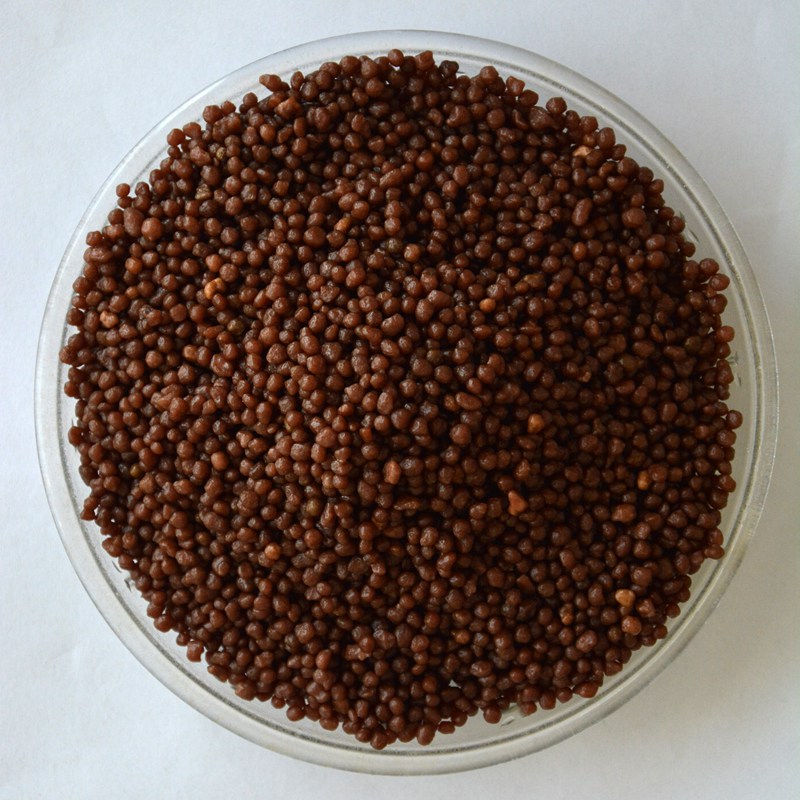
Nov . 07, 2024 23:05 Back to list
Quality Water Soluble Fertilizer Manufacturer for Optimal Plant Growth Solutions
The Benefits of 19-19-19 Water Soluble Fertilizer
In the world of agriculture, the quest for optimizing crop yield and health is an ongoing challenge. Among various soil amendments and fertilizers available, one product that stands out for its balanced nutrient profile is 19-19-19 water soluble fertilizer. This formula contains equal parts of nitrogen (N), phosphorus (P), and potassium (K), making it a versatile choice for a variety of crops. This article delves into the importance of using 19-19-19 water soluble fertilizer, its application, and the impact it can have on agricultural practices.
Understanding 19-19-19 Fertilizer
The term 19-19-19 indicates the nutrient content of the fertilizer by weight. Specifically, it contains 19% nitrogen, 19% phosphorus, and 19% potassium, making it a balanced fertilizer. Nitrogen is crucial for the growth of leaves and stems, phosphorus aids in root development and flowering, while potassium is vital for overall plant health and disease resistance. This trifecta of nutrients is essential for the vigorous growth of plants, allowing them to thrive in both soils and hydroponic systems.
One of the significant advantages of water soluble fertilizer is its ability to be absorbed quickly by plants. The nutrients are readily available in a form that can be easily assimilated by plant roots, promoting faster growth and development. This characteristic makes 19-19-19 fertilizer an excellent choice for farmers and gardeners looking to achieve rapid results.
Application Methods
Water soluble fertilizers can be applied through various methods, including fertigation (the injection of fertilizer into irrigation systems), foliar sprays, and conventional soil application. Each method has its benefits, depending on crop type and environmental conditions. For instance, fertigation is particularly advantageous for high-value crops grown in controlled environments, allowing for precise nutrient management and improved efficiency.
Fertigation with 19-19-19 can help in optimizing water usage while providing plants with the necessary nutrients at critical growth stages
. Moreover, it allows for a more uniform distribution of nutrients, reducing the risk of local nutrient deficiencies.19-19-19 water soluble fertilizer manufacturer

Crop Versatility
19-19-19 water soluble fertilizer can be used for a wide range of crops, from vegetables and fruits to ornamentals and turf. Its balanced nutrient ratio makes it suitable for various growth stages, from early development to flowering and fruiting. Farmers utilizing this fertilizer can maximize their crop yields while minimizing the environmental footprint by reducing the risk of nutrient runoff.
This fertilizer is especially beneficial in high-demand situations, such as during periods of rapid growth or stress. Whether facing drought or nutrient-poor soil, crops can benefit from the quick availability of essential nutrients. This makes 19-19-19 an excellent choice for commercial growers who need reliable results.
Environmental Considerations
While the benefits of using 19-19-19 water soluble fertilizer are numerous, it’s essential to consider environmental implications. Over-application and improper management can lead to nutrient runoff, which can contaminate water sources. Therefore, utilizing precision agriculture practices, such as soil testing and strategic application timing, can help mitigate these risks. Employing sustainable practices will not only protect the environment but also enhance long-term soil fertility.
Conclusion
In conclusion, 19-19-19 water soluble fertilizer presents a well-balanced option for those looking to enhance their agricultural practices. Its rapid nutrient availability, versatility across crop types, and efficiency in application make it an excellent choice for modern farmers. By adopting a proper management approach and utilizing this fertilizer responsibly, growers can achieve optimal crop growth while minimizing environmental impacts. As we move forward in our agricultural endeavors, the importance of balanced nutrition provided by 19-19-19 cannot be overstated, paving the way for healthier crops and more sustainable farming practices.
-
10 10 10 Fertilizer Organic—Balanced NPK for All Plants
NewsJul.30,2025
-
Premium 10 10 10 Fertilizer Organic for Balanced Plant Growth
NewsJul.29,2025
-
Premium 10 10 10 Fertilizer Organic for Balanced Plant Growth
NewsJul.29,2025
-
Premium 10 10 10 Fertilizer Organic for Balanced Plant Growth
NewsJul.29,2025
-
50 Pound Bags of 13-13-13 Fertilizer for All Plants – Bulk & Organic Options
NewsJul.28,2025
-
High-Efficiency 15-30-15 Granular Fertilizer for Healthy Crops
NewsJul.28,2025
